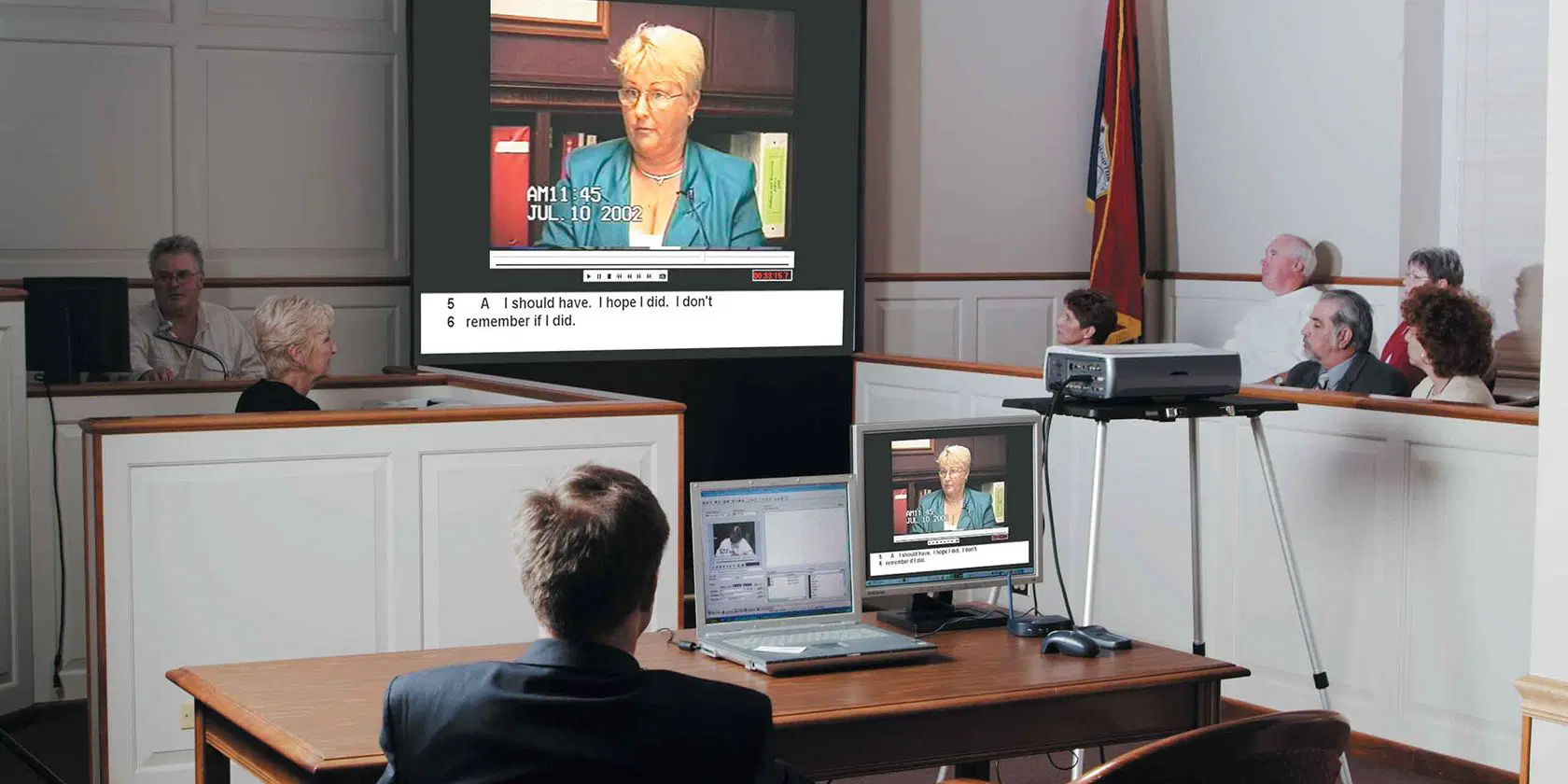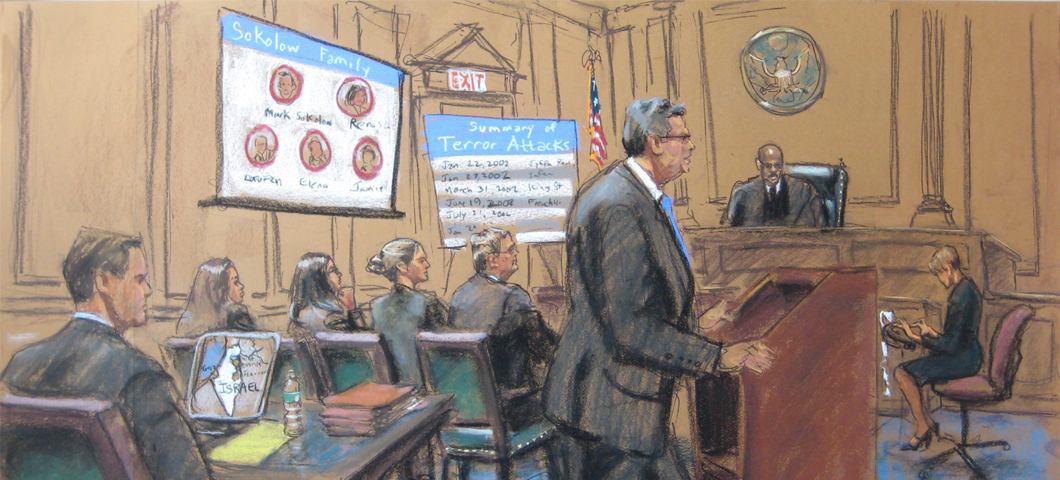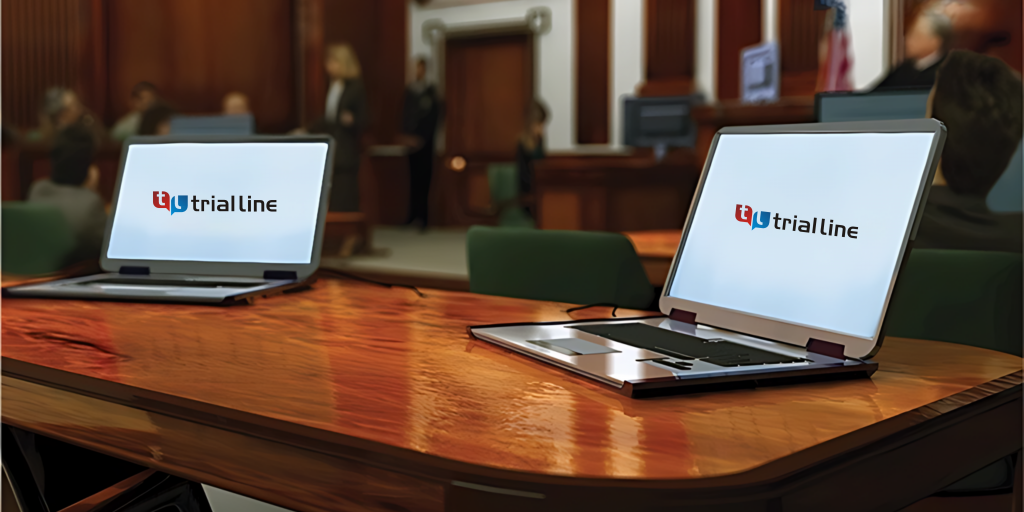The Power of Visuals in Trial Presentations for a Winning Disagreement
The combination of visuals in test discussions has emerged as a critical factor in effectively interacting intricate debates to jurors. By using numerous forms of visual help-- be it diagrams, pictures, or computer animations-- attorneys can boost understanding and retention, eventually forming the court's perception of the situation.
Significance of Visuals in Tests
In numerous lawful settings, visuals play a critical duty in boosting the effectiveness of trial discussions. The assimilation of aesthetic elements can significantly impact jurors' understanding and retention of complex information, thereby forming their perceptions and choices. Visuals, such as charts, diagrams, and pictures, can simplify complex stories, making them more accessible and compelling.
In addition, the human mind processes visual information much more effectively than message, which highlights the significance of integrating visuals right into legal arguments. By converting dense legal concepts right into aesthetic styles, attorneys can help with more clear interaction, making sure that bottom lines are not overlooked during tests.
Furthermore, visuals serve to involve jurors on a psychological degree, promoting a link to the situation that words alone might fall short to attain. The tactical use visuals can evoke empathy, prompting jurors to think about the human aspects of the instance.
Inevitably, the relevance of visuals in tests depends on their capability to boost clearness, improve juror interaction, and strengthen the narrative being presented. This powerful combination is necessary for crafting convincing disagreements that reverberate with jurors and influence the outcome of legal procedures.
Sorts Of Visuals to Use
Efficient test discussions can greatly gain from a range of visual tools that accommodate various facets of the situation. trial presentations. Making use of representations and graphes can successfully break down complex info, making it extra digestible for jurors. For example, flowcharts can illustrate the sequence of occasions, while bar chart may succinctly compare relevant data points.

Animations and simulations can also play a crucial function, especially in situations including technical data or elaborate situations. These visuals can dynamically represent procedures or actions, offering clarity and interaction that static pictures may not attain.
In addition, infographics incorporate message and visuals to summarize vital details properly. They can present timelines, statistics, and significant case points in a visually attractive fashion, making it much easier for jurors to adhere to the disagreement.
Enhancing Comprehension and Retention

Enhancing understanding and retention throughout test presentations is essential for guaranteeing that jurors grasp the essential aspects of a case. Visual help offer as effective devices hereof, converting complex info right into conveniently digestible layouts. By utilizing graphes, layouts, and infographics, lawyers can simplify detailed see it here information and emphasize crucial points that may or else be forgotten.
Studies have shown that individuals preserve information dramatically better when it exists aesthetically. This is particularly pertinent in a test setup, where jurors might be bewildered by the quantity of evidence and statement. By strategically incorporating visuals, attorneys can guide jurors' attention to one of the most vital elements of the instance, strengthening their understanding and memory of the product presented.

Developing Engaging Presentations
Captivating jurors' focus throughout test discussions is important for conveying a compelling story. Involving discussions utilize visual components to develop an unforgettable experience that resonates with jurors. click for source The calculated use graphics, computer animations, and videos can elucidate complex information, making it a lot more obtainable and relatable.

Additionally, integrating narration strategies can enhance involvement. Providing evidence in a sensible series that constructs psychological allure permits jurors to get in touch with the product on an individual degree. Numerous presentation styles, such as integrating brief video clips or interactive aspects, can also receive rate of interest and focus throughout the trial.
Ultimately, an engaging presentation promotes an here are the findings extra profound understanding of the instance, making it possible for jurors to better appreciate the arguments existing and leading to a much more favorable outcome.
Study and Success Stories
Countless study highlight the considerable effect of visuals in trial discussions, showing their capacity to affect juror assumptions and inevitably the outcomes of situations. For instance, a noteworthy situation entailing an individual injury insurance claim showed how using a 3D computer animation of the accident scene cleared up complicated details. Jurors reported feeling more enlightened and compassionate, substantially persuading their decision in favor of the complainant.
In an additional instance, a company litigation instance made use of infographics to present financial information and timelines, making elaborate information available. The graph enabled jurors to realize the subtleties of the instance better than spoken descriptions alone. trial presentations. As a result, the jury returned a verdict that exceeded the customer's expectations
Moreover, a criminal defense situation employed photos and video proof to develop an alibi. The engaging visuals not only assisted in developing uncertainty yet also reverberated psychologically with jurors, resulting in an acquittal. These success stories emphasize the necessity of incorporating visuals right into test discussions, as they improve understanding, retention, and ultimately, the influential power of lawful debates. The strategic use visuals is without a doubt transforming the landscape of trial advocacy.
Final Thought
In verdict, the strategic consolidation of visuals in trial presentations substantially boosts jurors' comprehension and retention of intricate details. Involving presentations, sustained by engaging instance research studies, show the extensive influence that visuals can have on persuasive communication.